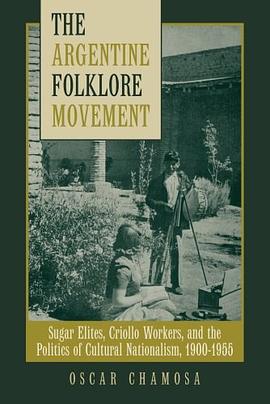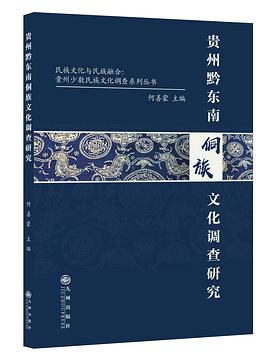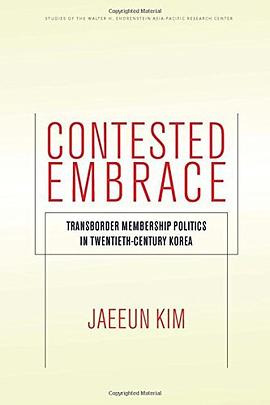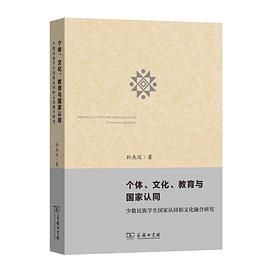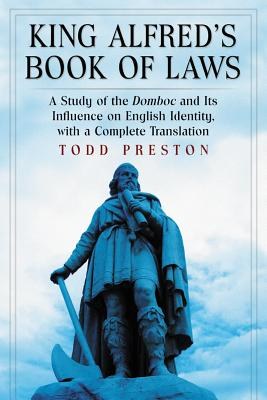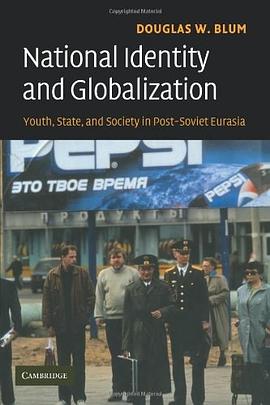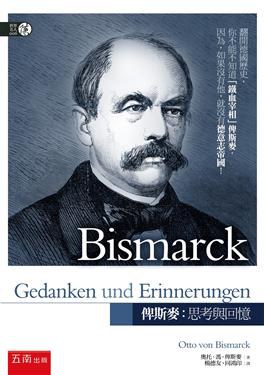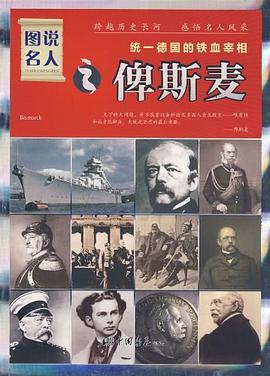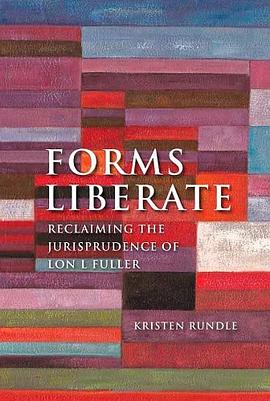

具体描述
Lon L. Fuller's account of legality is widely accepted as the classic 20th-century statement of the principles of the rule of law. What is much less accepted is his argument that a necessary connection between law and morality manifests in these principles. As a result, Fuller's jurisprudence continues to occupy a marginal place in a field dominated by H.L.A. Hart's legal positivism and Ronald Dworkin's interpretive theory of adjudication. Forms Liberate offers a close textual analysis of Fuller's published writings and working papers to dispute this prevailing assessment of his contribution. Fuller's claims about law and morality belong to a wider exploration of the ways in which the form of law introduces meaningful limits to lawgiving power through its connection to human agency. By reading Fuller on his own terms, Forms Liberate demonstrates why his challenge to a purely instrumental conception of law remains salient for 21st-century legal scholarship.
作者简介
Kristen Rundle is a Lecturer in Law at the London School of Economics.
目录信息
1
2 Before the Debate
25
3 The 1958 Debate
51
4 The Morality of Law
86
5 The Reply to Critics
118
Raz
141
Dworkin
161
8 Three Conversations
190
Index
· · · · · · (收起)
读后感
评分
评分
评分
评分
用户评价
相关图书
本站所有内容均为互联网搜索引擎提供的公开搜索信息,本站不存储任何数据与内容,任何内容与数据均与本站无关,如有需要请联系相关搜索引擎包括但不限于百度,google,bing,sogou 等
© 2025 book.quotespace.org All Rights Reserved. 小美书屋 版权所有







